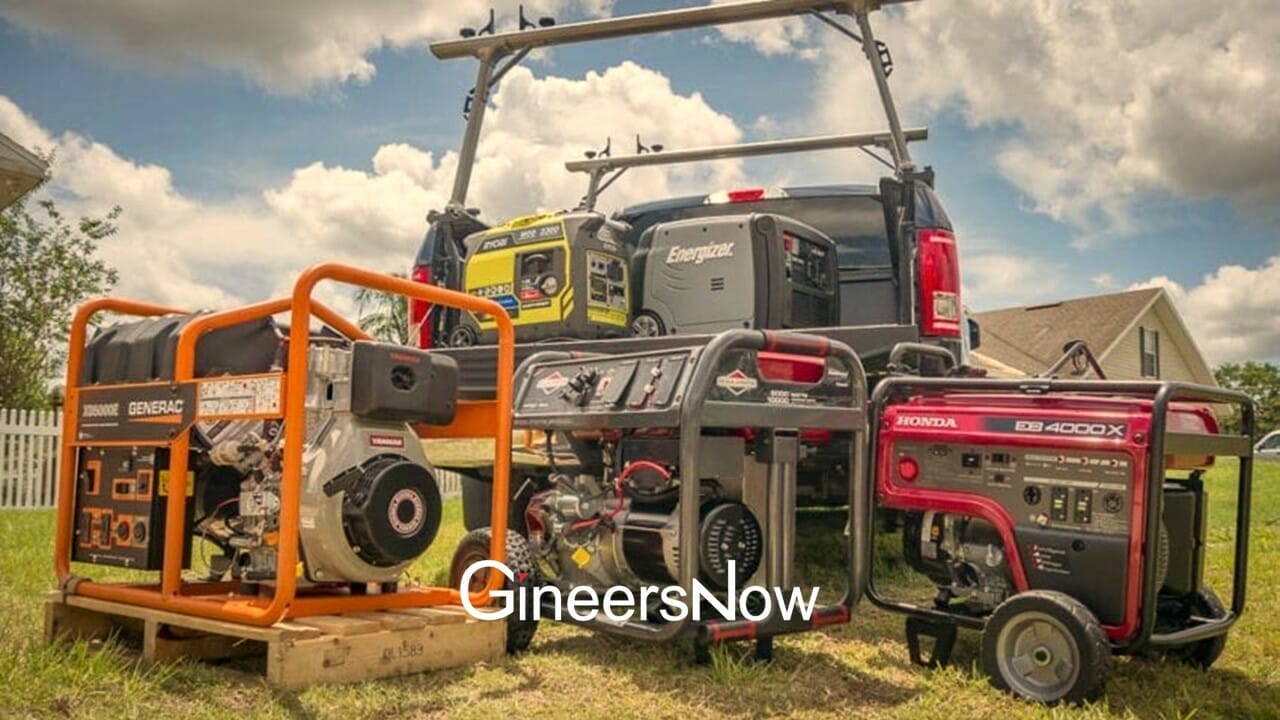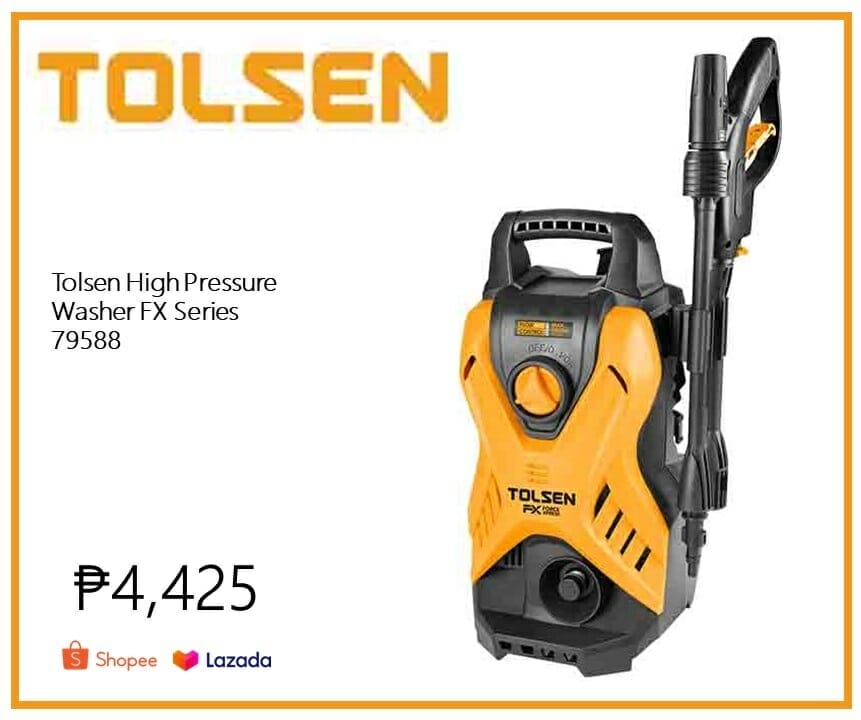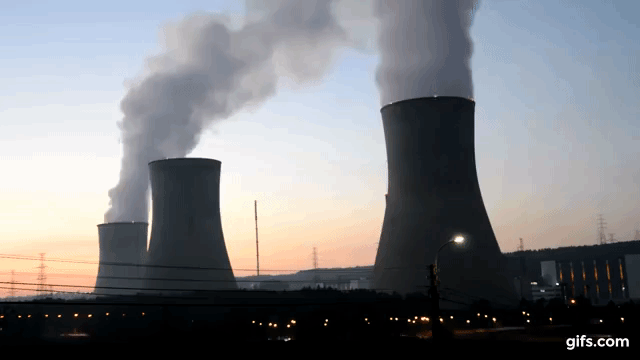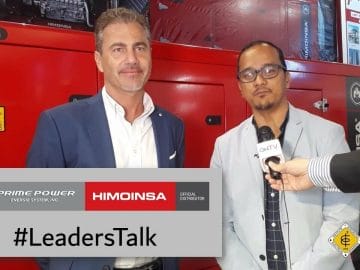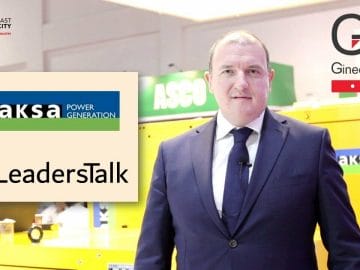If you have upcoming plans to invest in a generator, there are several considerations to remember to find the appropriate model that can cater to your specific needs. For some homeowners, selecting a generator may seem simple, but key factors include power requirements, noise levels, and how long you plan to use it.
When you have a generator on hand, it helps protect your home during a storm or any power emergency. An effective one can power all the essentials in your home, such as the lights, appliances, cooling and heating systems. These needs continue to run even if there’s a power outage, so it ensures your food stays fresh. Furthermore, a generator is necessary if a family member utilizes an electric medical device.
Regardless of your specific requirements, selecting the right power generator is crucial. The best way to ensure a head start is to check out Power Tech Machinery and similar providers. During the selection process, you should prioritize the following factors.
Power Output
What appliances will your generator power? A refrigerator, a couple of lights, or perhaps an entire home? List down all the electrical appliances you’ll need to power and add up their wattage. This gives you a rough estimate of your energy requirements. Be mindful, though. Every home is different, and so are its power needs.
Once you’ve figured out your power needs, it’s time to size your generator accordingly. If you’re looking to power just the essentials, a smaller generator might do. But if you’re planning on keeping your entire home running during a power outage, you’ll need a more powerful generator. It’s all about balancing your needs with the generator’s capabilities.
Starting an appliance requires more energy than running it. This surge in power is called ‘starting watts’ or ‘surge capacity.’ Some appliances, like your AC or fridge, demand a higher surge capacity. Ensure your generator can handle these energy spikes. It’s a feature that’s easy to overlook but essential for a smooth operation.
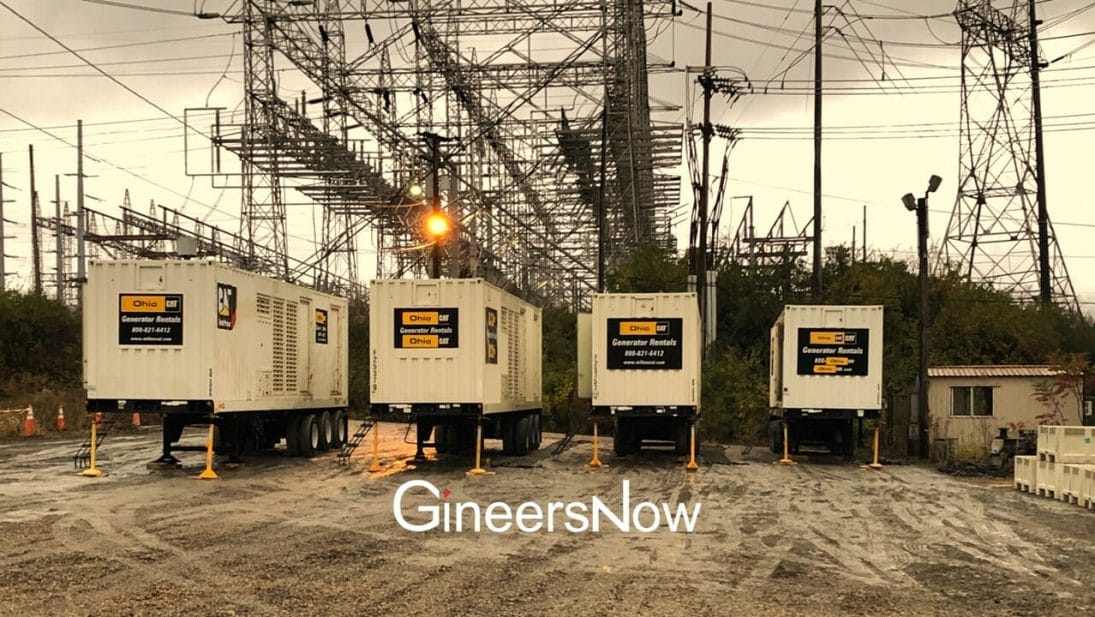
Automatic Shut-Off
Imagine this: you’ve got your generator running, and everything’s humming along nicely. But without you knowing, the oil level drops too low, or there’s an overload. Disaster? Not if your generator comes with an automatic shut-off feature. It’ll turn the generator off when oil levels are too low or when it’s overloaded, protecting your investment and preventing dangerous situations. It’s like a bodyguard for your generator—and your peace of mind.
Ground-Fault Circuit Interrupters (GFCIs)
Ground-Fault Circuit Interrupters (GFCIs) are indispensable safety features for any power generator. They continuously monitor the current flowing through the circuit. If there’s any imbalance, indicating a potential electrical leak, the GFCI swiftly shuts off power. This swift action significantly minimizes the risk of electrical shock, keeping you and your loved ones safe.
Transfer Switch Readiness
Connecting a generator directly to your home’s wiring without a transfer switch can be a hazard. It can back feed into the power lines, posing a danger to you and the repair crews. Opt for a generator that’s transfer switch-ready, allowing for a safe connection to your home during power outages. Safety first, remember?
Noise Level
A generator’s noise level is also essential, particularly if you reside in a region where houses are close to each other. Remember that there’s a noise ordinance you must adhere to depending on where you live.
It’s crucial to remember that generators are capable of producing disruptive noises. Remember that some generators operate loudly, while others work smoothly with minimal noise. Depending on your circumstance, it may be best to go for a quieter model if you plan on using one for long periods.
Operating Time
How you use the generator is also an important consideration. Simply put, it’s how often you plan on using your generator. You can use a portable generator if you intend to use one for emergencies. Take note that most models are not meant to operate continuously for hours. With this in mind, carefully check the options to find the right one that offers optimal performance.
CARB and EPA Compliance
Last, but not least, ensure your generator complies with the California Air Resources Board (CARB) and Environmental Protection Agency (EPA) standards. This means it meets specific emission guidelines, making it better for the environment. You can breathe easier knowing your generator isn’t contributing excessively to air pollution.
Final Thoughts
With the vast array of power generators available, finding a suitable model can be challenging, especially if it’s your first time buying one. Luckily, considering these valuable insights will guide you in finding the right one. Once you buy one, choosing the right model will ensure you go through power outages or any emergency without much hassle and disruption.


